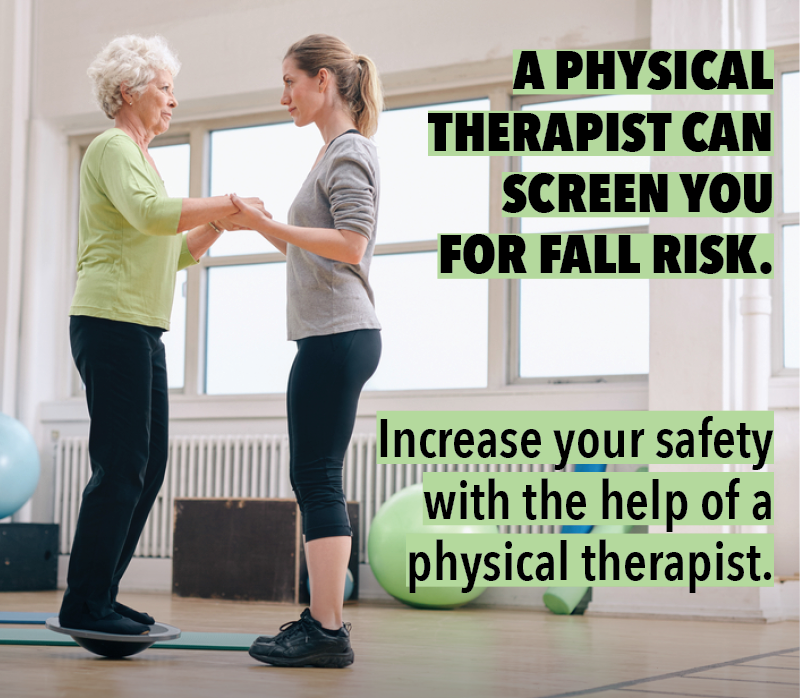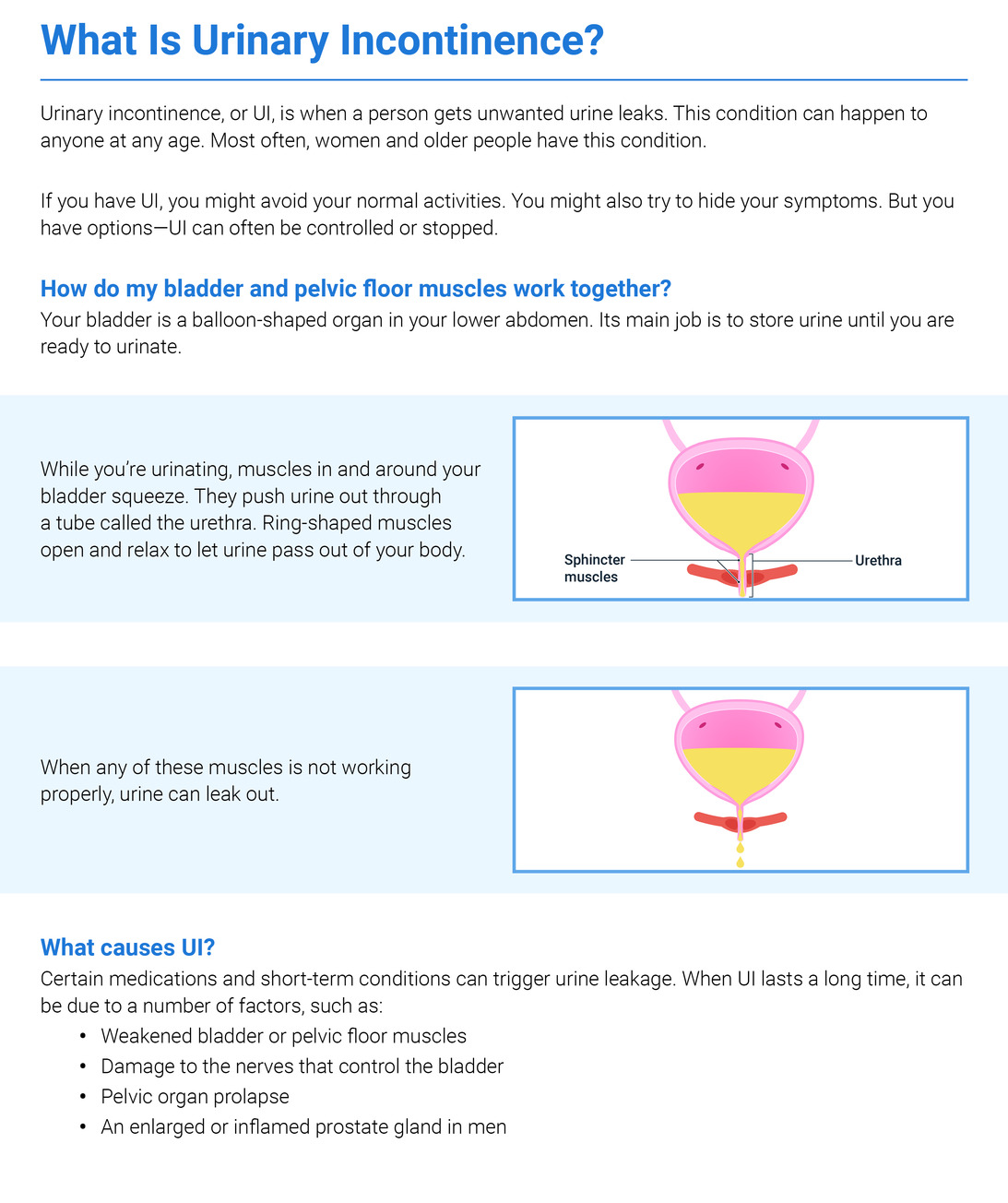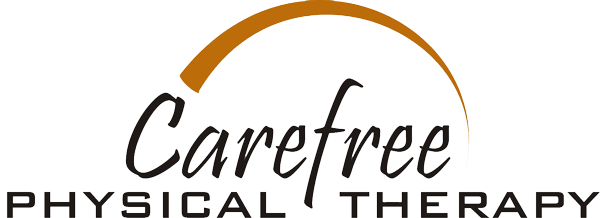What is Vestibular Rehab
Vestibular rehab therapy (VRT) is a specialized physical therapy. VRT consists of exercise-based programs. It works on reducing symptoms of vertigo (spinning), imbalance, and dizziness. These symptoms come from the vestibular system (inner ear).
Proper treatment for these disorders can lead to recovery. In many cases, it can lead to one’s prior level of functioning. VRT teaches your brain how to compensate and adapt. Compensation occurs by working on strengthening other balance systems. This includes your sense of touch and joint movement.
GOALS OF VRT
Decrease
- Vestibular systems
- Anxiety
- Avoidance behaviors
Improve
- Sense of balance
- Comfort and tolerance during triggering activities
EXERCISE TRAINING FOR VRT
There are 4 main treatments used in VRT that work to retrain your brain:
- Habituation exercises that desensitize your brain. These exercises slowly expose you to triggering movements or visual motion (stimuli)
- Balance training improves your steadiness. Balance exercises include: eyes closed, head motion, and standing on uneven surfaces.
- Gaze stabilization training improves coordination of eye ad head movements. This is helpful for focusing on objects when in motion.
- BPPV maneuvers will move your inner ear crystals to their normal place. Your clinician will perform a specific sequence of movements on your head and body. When these crystals are out of place, it can lead to dizziness symptoms. (The crystals themselves do not detect movement.)
THE ABCs OF RECOVERY
- Arrange recovery time. Rest after doing activities that trigger symptoms.
- Be patient and pace yourself. Don’t push yourself too hard on good days. Don’t become too inactive on hard days.
- Celebrate all your efforts and progress, no matter how small.
Fall Risk Prevention
Falls among the elderly are prevalent, dangerous, and can diminish their ability to lead an active life. About one in three seniors above age 65, and nearly one in two seniors over age 80, will fall at least once this year, many times with disastrous consequences. Of those who fall, 20% to 30% suffer moderate to severe injuries that make it hard for them to get around and live independently. Older adults are hospitalized for fall-related injuries five times more often than they are for injuries from other causes.


VIDEOS — Motivational & Physical Therapy Tips





